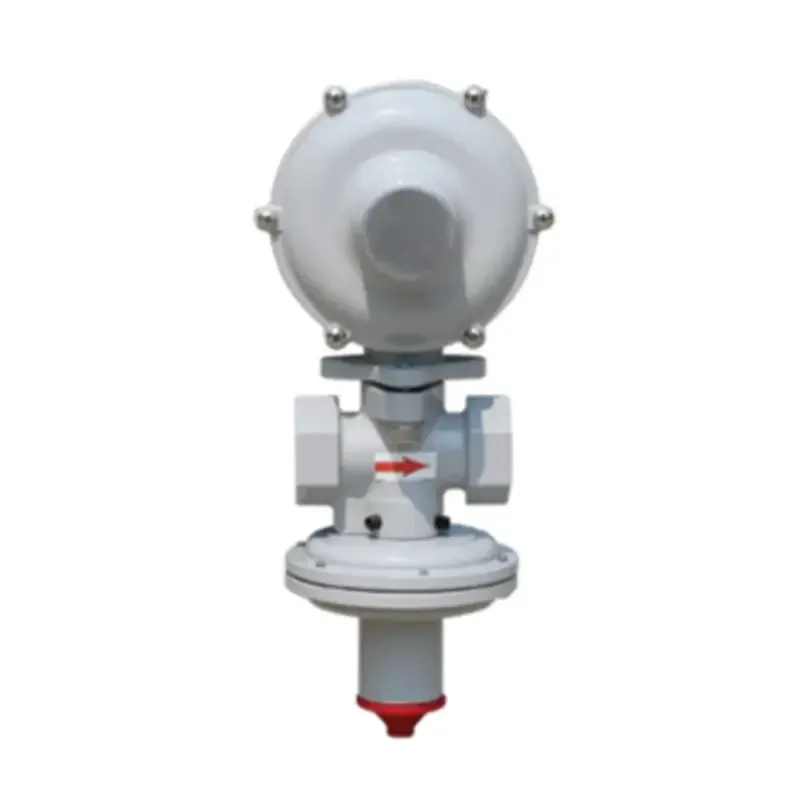
Dec . 06, 2024 15:08
Back to list
natural gas filter
The Importance of Natural Gas Filters Ensuring Efficiency and Safety
Natural gas has become a vital energy source globally, powering homes, industries, and transportation systems. As the demand for cleaner energy intensifies, natural gas, composed primarily of methane, offers a more environmentally friendly alternative to coal and oil. However, to maximize its benefits, effective filtration is essential. Natural gas filters play a crucial role in ensuring the safe and efficient delivery of gas to end-users while protecting infrastructure from contaminants.
What Are Natural Gas Filters?
Natural gas filters are devices designed to remove impurities from natural gas before it reaches consumers. These impurities can include particulate matter, water vapor, hydrogen sulfide (H2S), carbon dioxide (CO2), and other compounds that can be detrimental to both equipment and the environment. By employing these filters in various stages of the gas supply chain, operators can maintain the quality of the gas, ensuring it is safe for consumption and that it performs effectively in various applications.
Types of Natural Gas Filters
There are several types of natural gas filters, each designed for specific contaminants
1. Coalescing Filters These filters are particularly effective at removing liquid contaminants, such as water and hydrocarbons. They use a coalescing media that helps gather smaller droplets into larger ones, which can then be drained away.
2. Particle Filters Designed to capture solid particles, these filters use various media types, such as mesh or glass fiber, to trap dust, dirt, and other particulate matter. Keeping solid debris out of gas systems is crucial for preventing equipment wear and maintaining operational efficiency.
3. Activated Carbon Filters These filters utilize activated carbon to adsorb various gases, including H2S and other volatile organic compounds (VOCs). Their ability to remove odors and toxic gases makes them essential in ensuring the safety and quality of natural gas.
natural gas filter

4. Membrane Filters These high-tech filters use semi-permeable membranes to separate specific gases. They offer a reliable method for purifying natural gas and can be tuned to target specific unwanted compounds.
The Impact of Proper Filtration
Proper filtration of natural gas has multiple benefits. Firstly, it safeguards equipment such as compressors, turbines, and heaters from damage caused by contaminants. For instance, untreated gas can lead to corrosion or clogging, resulting in costly repairs and downtime. By using natural gas filters, operators can extend the life of their machinery and reduce maintenance costs.
Secondly, filtration enhances safety. Contaminants like H2S are highly toxic and odorless, making them a significant risk if not adequately managed. By employing effective filtration techniques, companies can minimize the chances of exposure for their employees and the surrounding communities.
Moreover, high-quality natural gas contributes to lower emissions when burned as fuel compared to other fossil fuels. Therefore, efficient filtration systems can play a part in the environmental strategy by ensuring that only the cleanest gas is used in combustion processes, ultimately helping to achieve regulatory compliance and reduce the carbon footprint.
Challenges and Advancements
Despite the importance of natural gas filters, the industry faces challenges, including the varying quality of natural gas and the need for filters that can adapt to different operating conditions. Continuous advancements in materials and technologies are being researched to improve the efficiency and effectiveness of filtration. Innovations such as nanomaterials and smart filtering systems that can monitor conditions in real-time are on the horizon, promising even better performance.
Conclusion
Natural gas filters are an indispensable component of the natural gas supply chain, helping to ensure safe, efficient, and environmentally friendly energy. With the ongoing advancements in filtration technology, the future looks promising for enhancing the quality of natural gas. As we move towards a more sustainable energy landscape, the role of filtration in safeguarding both the infrastructure and the environment will continue to be a priority, reinforcing the importance of these systems in the broader context of energy production and consumption.
Next:
Latest news
-
Safety Valve Spring-Loaded Design Overpressure ProtectionNewsJul.25,2025
-
Precision Voltage Regulator AC5 Accuracy Grade PerformanceNewsJul.25,2025
-
Natural Gas Pressure Regulating Skid Industrial Pipeline ApplicationsNewsJul.25,2025
-
Natural Gas Filter Stainless Steel Mesh Element DesignNewsJul.25,2025
-
Gas Pressure Regulator Valve Direct-Acting Spring-Loaded DesignNewsJul.25,2025
-
Decompression Equipment Multi-Stage Heat Exchange System DesignNewsJul.25,2025

